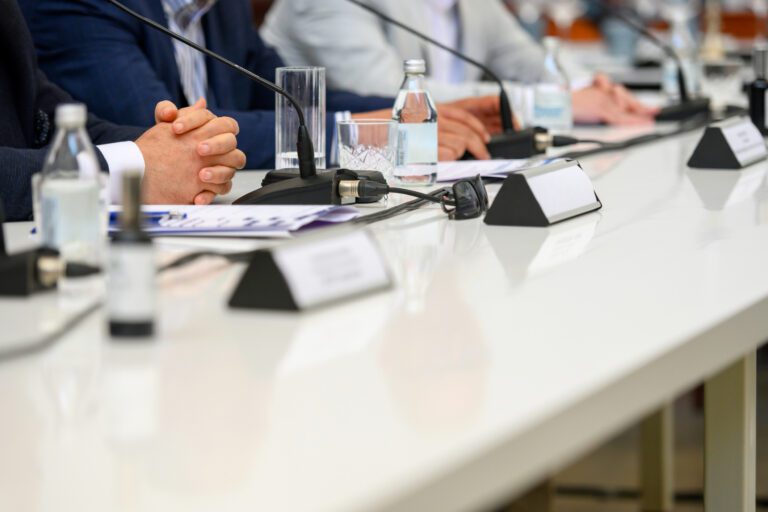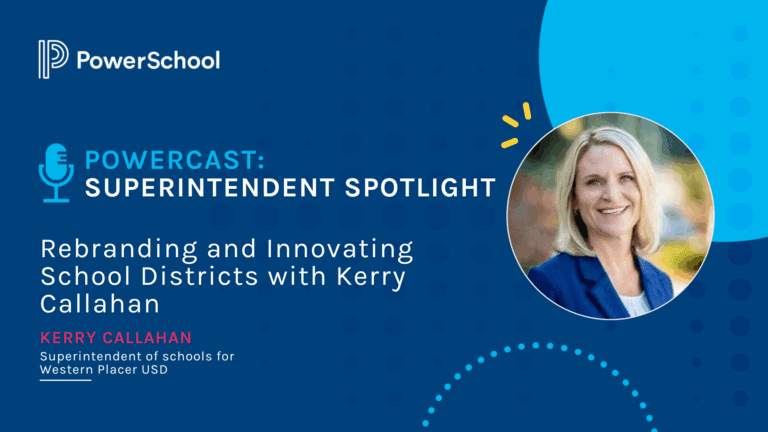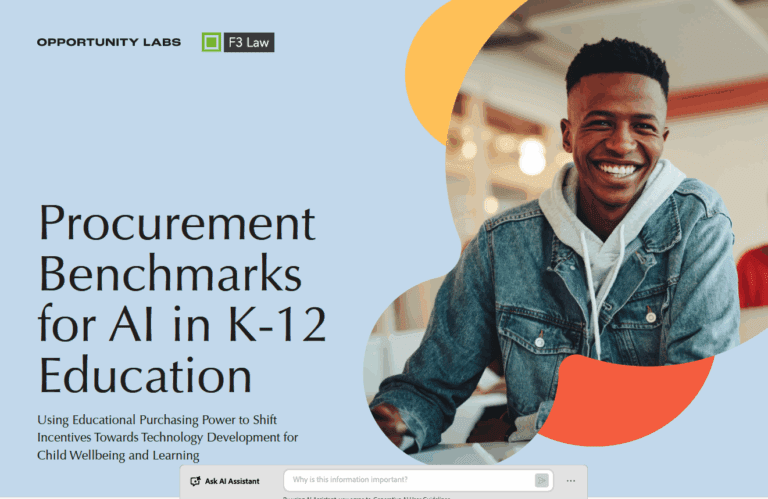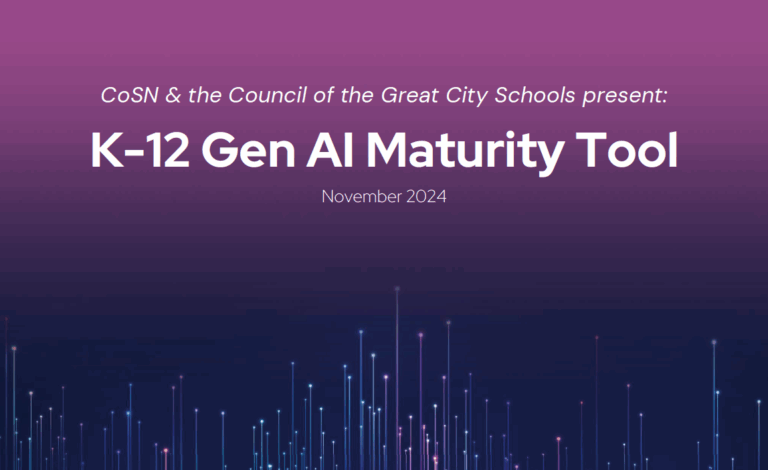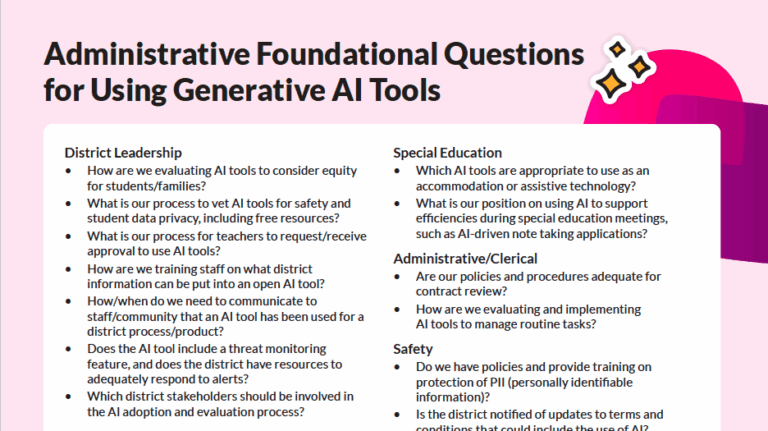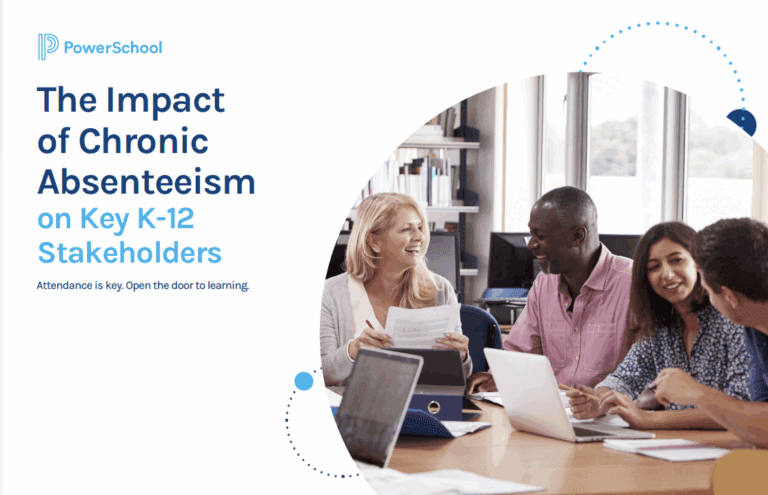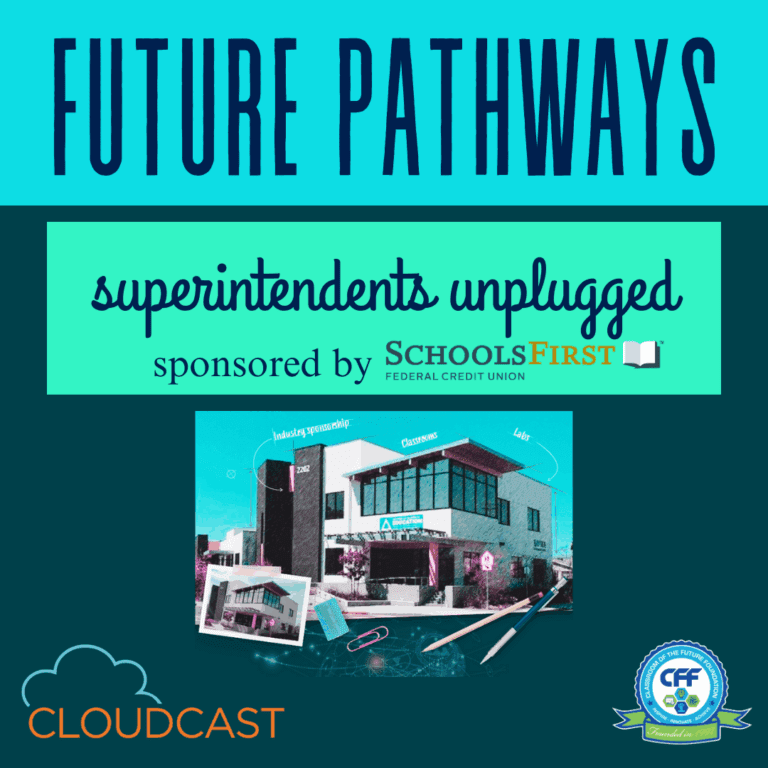1. Stand out
Maximize your participation by presenting, facilitating, or volunteering for the conference organizer. This is also the fast-track way to meet the most colleagues because out of hundreds of people, you will be one of the most visible. Great leaders are always enthusiastic problem-solvers, so plan ahead to help out and let your voice be heard.
2. Join the conversation
Social media is a wonderful tool for categorizing the flurry of talks, events, discussions, and meetups that occur at conferences. Following hashtags on Twitter or Instagram is a great way to catch up on a panel or interesting moment you may have missed at the event, to ask presenters questions, to follow events in real time, and to instantly reach out to more education professionals.
3. Take this opportunity for mentorship
Education professionals involved in mentorship report greater job satisfaction. For example, teachers who have a mentor are much less likely to leave the profession. Before you arrive at a conference, scope out attendees as well as keynote speakers. Reach out to potential mentors online with a quick message, but don’t forget about the less experienced professionals who could also benefit from your advice.
Check out ACSA’s excellent mentorship program, which is free for members. It is confidential and informal, offering practical support and collaboration, plus on-the-job communication that fits real-life situations.
4. Collaborate
While following along on social media is a good idea, put down the smartphone the rest of the time to avoid too much distraction. Approach strangers, and be approachable yourself. Think ahead about your intentions for communication, so that the contact information you gather does not end up simply collecting dust.
After a presentation, workshop, or breakout session, get together with a new networking group or your colleagues to brainstorm relevant innovative solutions regarding the issue or topic at hand. This activity gives you a chance to maximize your PD experience. Think in new ways and approach problems from a perspective you might not have back at home. Other district leaders can weigh in with their unique takes or simply share their notes.
5. Write to reflect
After the conference, you should feel like you learned a lot and made new connections, so don’t just discuss the event for a while and forget about it. Zero in on the most intriguing ideas you heard, or the most relevant topics to your district, and write about them critically. How can they be implemented and what other concerns do they raise? For whom? What are your solutions?




